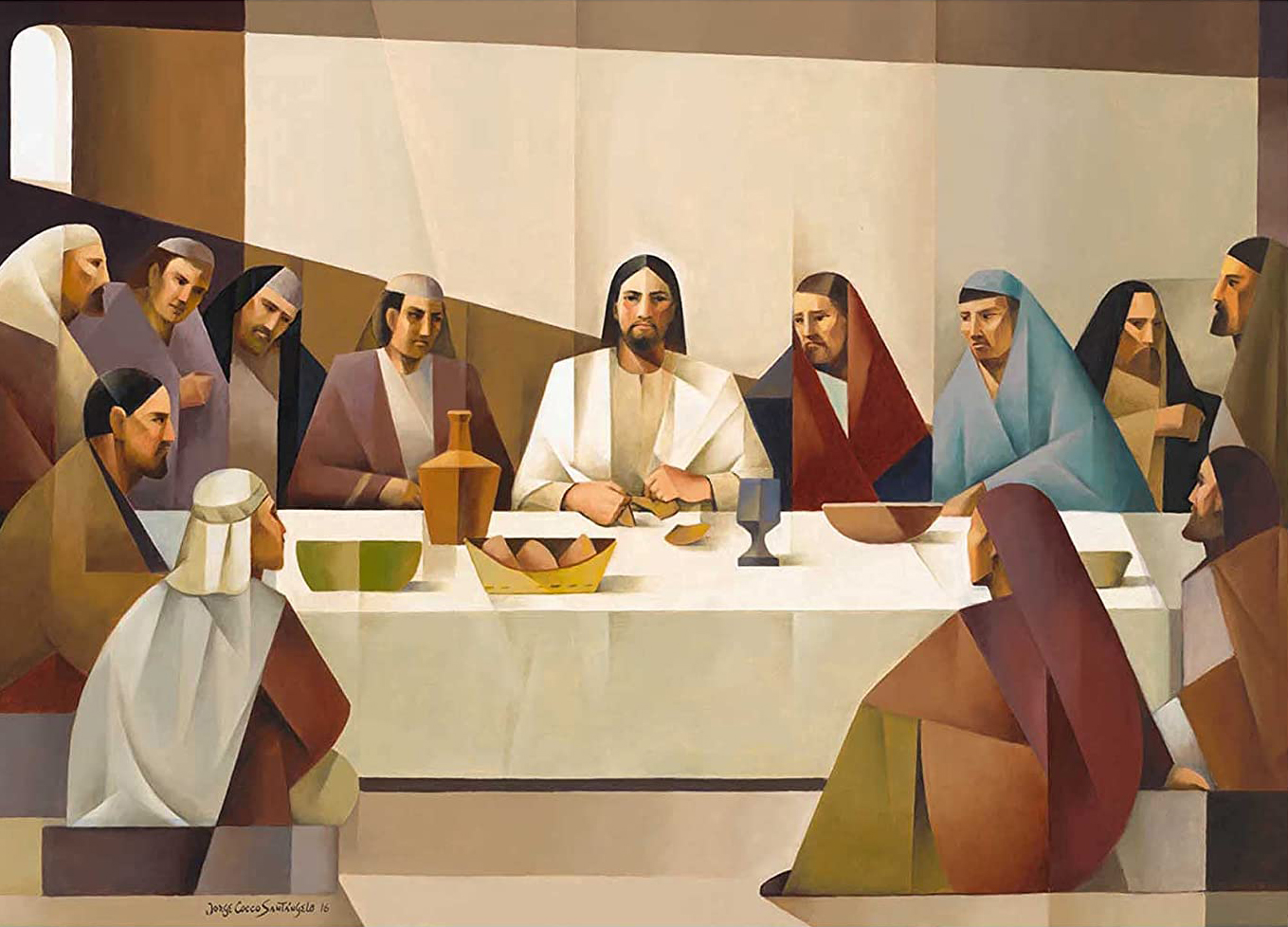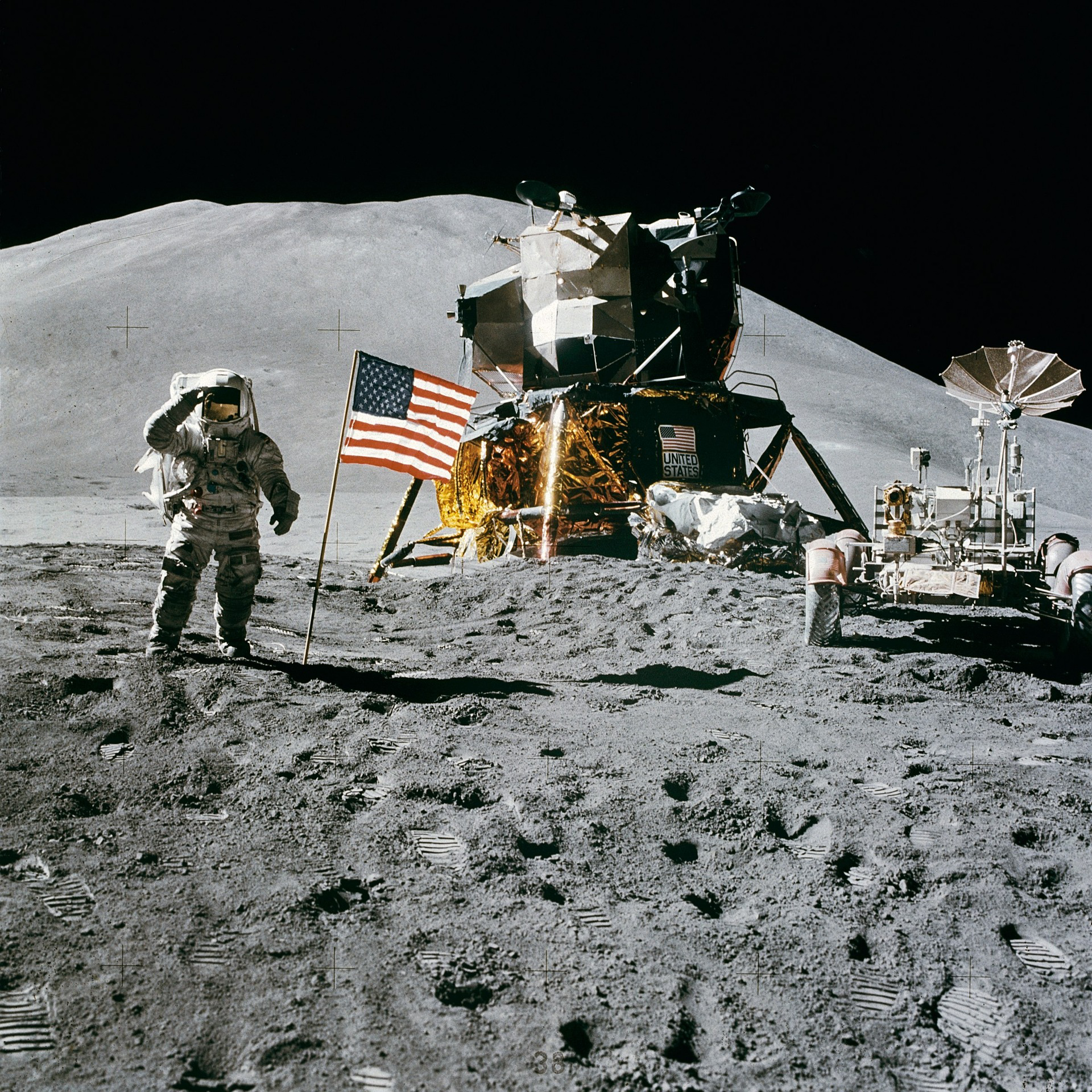In Year 10 students must undertake Religious Education (Semester 1 & 2), English (Semester 1 & 2), Health and Physical Education (Semester 1 & 2), Mathematics (Semester 1 & 2), Science (2 Units) and History (1 Unit). Year 10 students must also select three electives units (can include additional Science, History or VET electives)
Year 10 Religious Education
Students choose either VCE Religion & Society Unit 1, VCE Text & Traditions Unit 1 or Youth Ministry 1 for both semesters. Students on an academically adjusted program can undertake Religion & Society or Text & Traditions as a Year 10 enrolment, not as a VCE enrolment. This will enable learning adjustments to continue. This can be discussed at students’ next PSG meeting. If you would like to apply for Youth Ministry you will need to complete an ‘Expression of Interest’ form and attend an interview.
VCE Religion & Society
Unit 1

Overview
In this unit students explore the origins of religions and the role of religions in the development of society, identifying the nature and purpose of religion over time for the individual who is searching for meaning, and for society which is shaped by religious structures, beliefs and ethics. They investigate the contribution of religion generally to the development of human society.
Students examine how religions are shaped by 9 Aspects and how individuals, groups and new ideas have affected and continue to affect religious traditions.
The unit provides an opportunity for students to understand the relationships that exist between individuals, groups, new ideas and religious traditions in the Australian society in which they live. They will participate in an excursion that visits a range of other faith traditions.
Unit Prerequisites
The study of Religious Education is compulsory for each year of study at Avila College. In Year 10, students must study a Religious Education unit for the whole year. Year 10 students may choose either Religion and Society Unit 1 or Texts and Traditions Unit 1 or Youth Ministry 1.
Areas of Study
There are three areas of study:
- The nature and purpose of religion
- Religion through the ages
- Religion in Australia
Assessment
A variety of assessment is used in this unit:
- Research
- Essay
- Visual &/or Oral Presentation
- Media Analysis
- Examination
View Religious Careers Bullseye
Overview
In this unit students examine the place of texts and their literary forms within a religious tradition. Story-telling is one of the major literary forms in religious traditions; other forms include law, prophecy, sacred songs, reflection and instruction. Students explore the importance of texts at the source of a tradition and how their meaning for the earlier and continuing tradition might be found and described. The process of searching for and giving expression to the meaning of text is called exegesis. This unit introduces students to basic methods of exegesis using texts from the Bible to bring about a deeper awareness of how texts came about, and the meaning of texts to the religious tradition. This unit also explores how texts have been used by people both within and beyond the religious tradition to bring meaning to issues or ideas in a new cultural setting. This unit requires the study of texts in a variety of literary forms.
Unit Prerequisites
The study of Religious Education is compulsory for each year of study at Avila College. In Year 10, students must study a Religious Education unit for the whole year. Year 10 students may choose either Religion and Society Unit 1 or Texts and Traditions Unit 1 or Youth Ministry 1.
Areas of Study
There are three areas of study:
- The importance of sacred texts to the tradition
- The exegesis of text
- Sacred texts and later traditions
Assessment
A variety of assessment is used in this unit:
- Open Book Test
- Research
- Exegesis
- Presentation
- Examination
View Religious Careers Bullseye
Youth Ministry 1
Introduction & Leadership

Overview
In this unit, students will learn about the relevance of the life, death and resurrection of Jesus for young people; the core principles of youth ministry; discipleship for young people in a contemporary context; and devising a youth ministry experience. Students will also learn to: Investigate the relevance of the life, death and resurrection of Jesus for young people today; develop an understanding of the core principles of youth ministry; examine the concepts of discipleship within a modern context, including the World Youth Day (WYD) phenomenon; and plan and participate in an introductory youth ministry experience.
Students will also learn about what it means to be a Christ-centred leader in contemporary society; leadership skills and techniques to be utilised within youth ministry; planning, facilitating and evaluating a youth ministry experience; and key principles of Catholic social teaching. Students will also learn to: define and evaluate Christ-centred and servant styles of leadership; develop effective leadership skills and techniques in youth ministry; plan, lead and evaluate a youth ministry experience; apply Catholic social teaching principles to modern contexts and integrate with leadership styles.
Unit Prerequisites
The study of Religious Education is compulsory for each year of study at Avila College. In Year 10, students must study a Religious Education unit for the whole year. Year 10 students may choose either Religion and Society Unit 1 or Texts and Traditions Unit 1 or Youth Ministry 1.
Areas of Study
There are numerous areas of study:
- The relevance of the life, death and resurrection of Jesus for young people
- The core principles of youth ministry
- Examine the concepts of discipleship within a modern context, including the WYD phenomenon
- Plan and participate in a class-based Youth Ministry experience
- “The Leader in You” video series
- Evangelisation
- Leadership skills and techniques within youth ministry
- Planning, facilitating and evaluating a youth ministry experience
- Catholic social teaching and Pope Francis’ ‘Integral Ecology’
Assessment
A variety of assessment is used in this unit:
- Liturgy Preparation
- Journals
- Oral presentation
- Retreat Preparation & Delivery
Pathways
- Youth Minister
- Leading youth ministry
View Religious Careers Bullseye
English
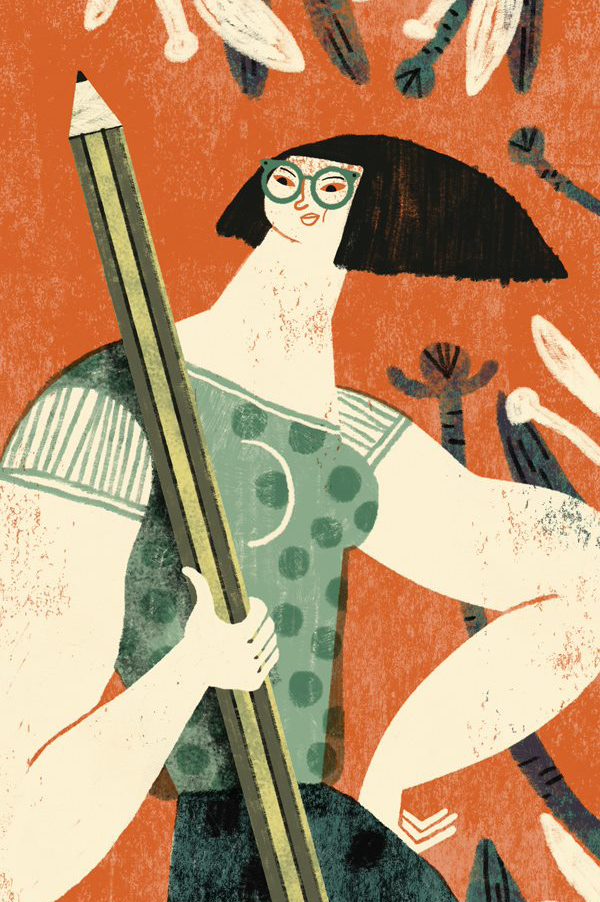
Overview
All students study English as a core subject. The English curriculum is built around three interrelated strands of: Language, Literature and Literacy.
Together the strands focus on developing students’ knowledge, understanding and skills in listening, reading, viewing, speaking, writing and creating.
Assessment
Assessment consists of text responses, oral presentations, creative writing, language analyses and end of semester exams.
Year 10 Mathematics
Students choose either Mainstream Mathematics or Mathematics A or Foundation Mathematics for both semesters. Discuss your choice with your Year 9 Mathematics teacher.
Year 10 Mainstream Mathematics
This course is strongly recommended for all students who have completed Year 9 Mainstream Mathematics in Semesters 1 and 2. It is preparation for Units 1 & 2 General Mathematics only.
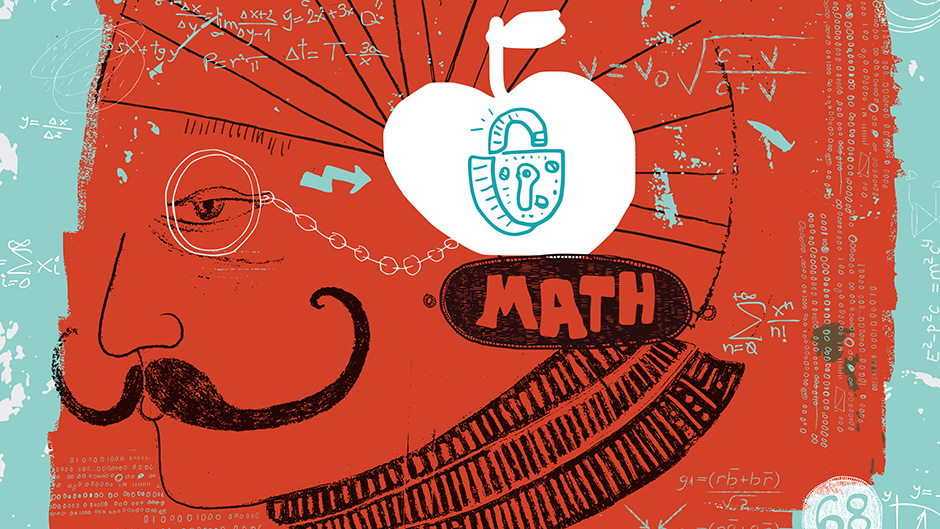
Overview
The Year 10 Mainstream Mathematics course is a standard Mathematics course, which is designed for students to cover all content areas. A focus of this course is to build students’ understanding of skills and concepts through a variety of techniques, such as solving problems both with and without the CAS calculator and undertaking investigations that include both routine and non-routine questions. Students develop their ability to solve problems independently and are guided in obtaining knowledge from a variety of sources.
The content covers the following 6 strands:
- Number
- Algebra
- Measurement
- Geometry
- Statistics
- Probability
Students engage in activities which develop:
- knowledge of facts and technical skills
- depth of conceptual understanding
- ability to communicate using clear and precise mathematical language
- ability to tackle non-routine problems in an organised and systematic way
- ability to apply what has been learned to solve real life problems
- ability to conduct investigations using mathematics
- logical reasoning and understanding of proofs at the appropriate level of sophistication
- practical ability in measuring, estimating and making sensible use of CAS calculators
Pathways
Students who successfully complete Year 10 Mainstream Mathematics may enrol in Units 1 & 2 General Mathematics in Year 11. Year 10 Mainstream Mathematics is not an adequate preparation for any student intending to complete Units 1 & 2 Mathematical Methods in Year 11.
Year 10 Mathematics A
Students who have studied Extension Mathematics in Year 9 may continue with the Year 10 Mathematics A course from the beginning of the year. It is preparation for either Units 1 & 2 Mathematical Methods or Units 1 & 2 General Mathematics. This course is the usual pathway for Units 1 & 2 Mathematical Methods and/or Units 1 & 2 Specialist Mathematics.
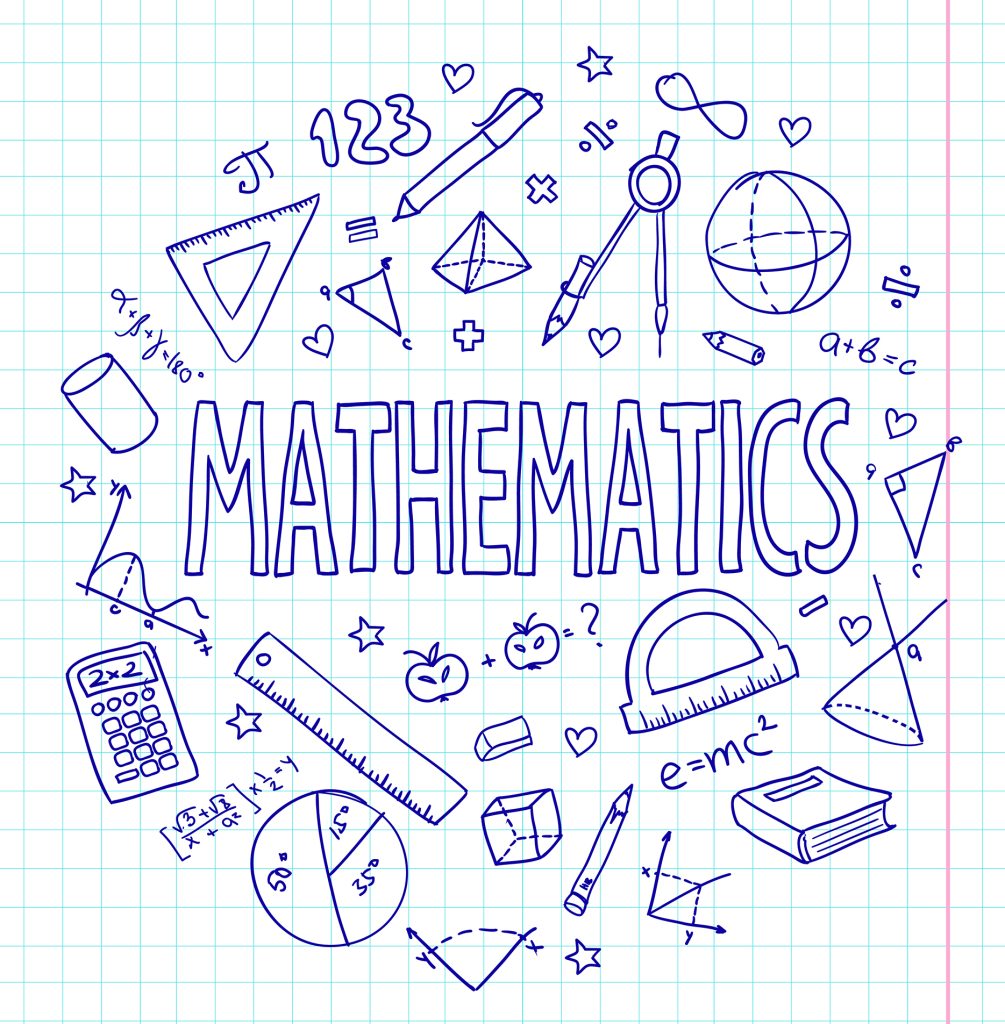
Overview
The Year 10 Mathematics A course is designed for students requiring more challenging work, with a greater emphasis on applying skills in complex problems. To cover the content of this course students need to work at a faster pace, have strong number skills and become more independent and proactive about obtaining knowledge from a variety of sources. Students cover all the content of the Year 10 Mathematics course but concepts are explored in more depth and a greater emphasis is placed on analytical skills. There are also a number of topics that only the Mathematics A students will explore. It is recommended that students who study Mathematics A participate in the Australian Maths Competition.
The content covers the following 6 strands:
- Number
- Algebra
- Measurement
- Geometry
- Statistics
- Probability
Students are required to learn, practise and apply mathematical algorithms, routines and techniques. The use of technology (CAS calculator and laptop) is incorporated into the course. This allows the students to grasp a better understanding of skills and solve more complex questions.
Assessment
Assessment is based on facts, skills, tests, problem solving and application tasks.
There is continual assessment throughout the year with reports issued at mid year and at the end of year. Two examinations, (technology enabled and technology-free) are held at the end of each semester.
Pathways
Mathematics is an asset in all areas of life and is required in a range of careers including commerce, health industries, finance, retail and engineering. Students are advised to consult widely with careers teachers and University/TAFEs to find out what level of mathematics is required to access tertiary courses in a student’s area of interest.
Foundation Mathematics Unit 1 and 2
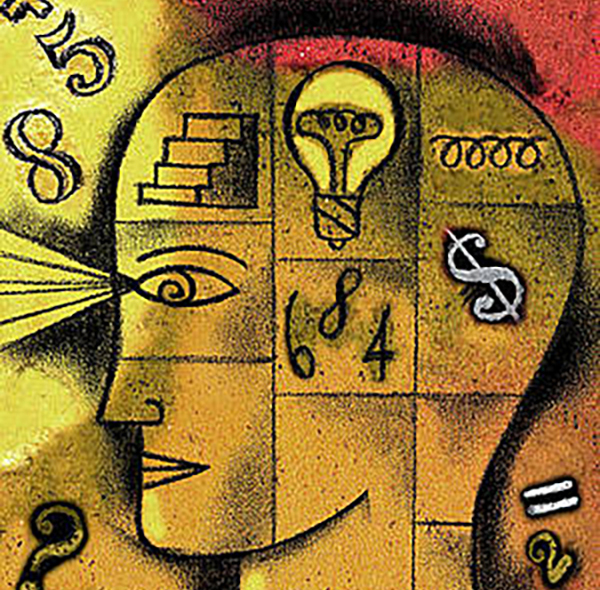
Overview
Foundation Mathematics Units 1 & 2 is recommended for Year 10 students who find Mathematics challenging and do not intend to pursue Maths at VCE level. This course suits students that are intending to enrol in Vocational Major (VM) or Victorian Pathway Certificate (VPC) in Year 11.
Please note. This course by itself is not an adequate preparation for any further studies of VCE Mathematics. A student enrolled in Foundation Maths Unit 1 & 2 will not be permitted to enrol in Units 1 & 2 General Mathematics or Units 1 & 2 Mathematical Methods in Year 11.
The areas of study for Foundation Mathematics Units 1 and 2 are:
- Algebra, number and structure
- Data analysis, probability and statistics
- Discrete mathematics
- Space and measurement
Foundation Mathematics Units 1 & 2 is recommended for Year 10 students who are intending to enrol in VM (Vocational Major) or VPC (Victorian Pathway Certificate) in Year 11.
Assessment
Assessment tasks will be drawn from:
- portfolio
- assignments
- tests (with and without technology)
- solutions to sets of worked questions
- summary or review notes
- modelling tasks
- problem solving tasks
- mathematical investigations
Health + Physical Education
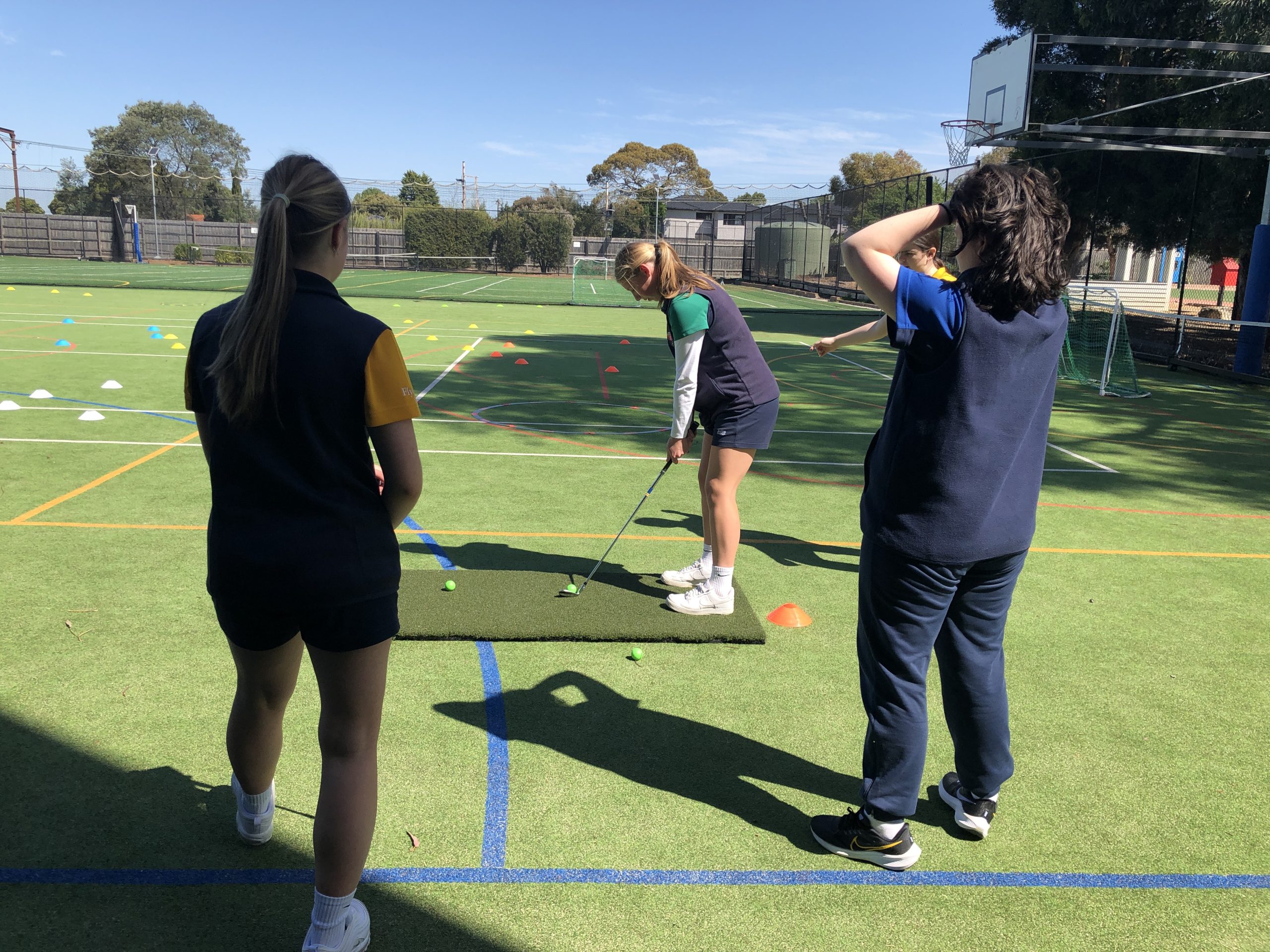
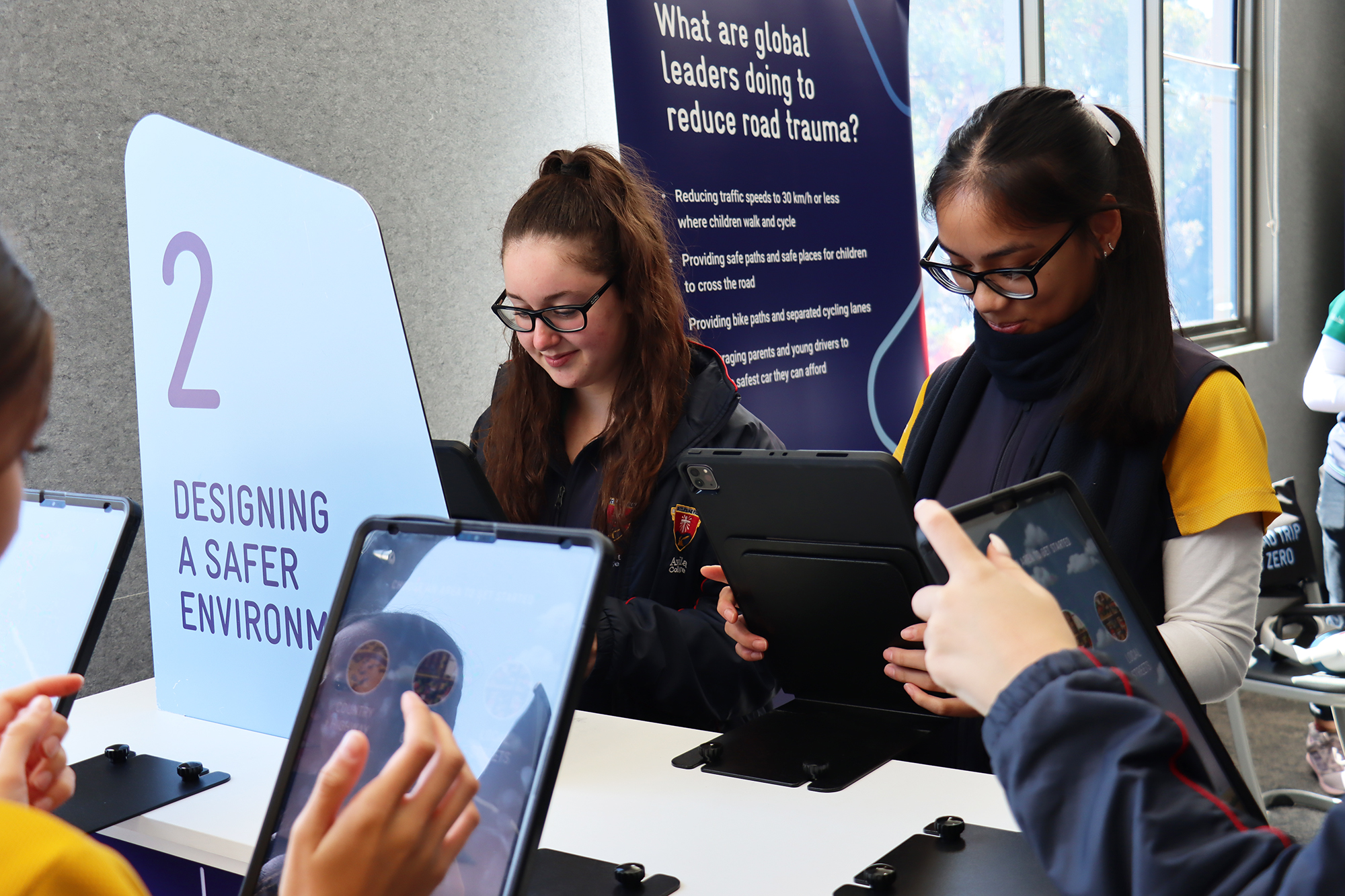
Overview
The Year 10 Health and Physical Education curriculum engages students in critical inquiry processes that assist students to research, analyse, apply and appraise knowledge in health and movement fields. In doing so, students will critically analyse and critically evaluate contextual factors that influence decision making, behaviours and actions, and explore inclusiveness, diversity and social justice.
The knowledge, understanding, skills and dispositions students develop through movement in Health and Physical Education encourage ongoing participation across their lifespan and in turn lead to positive health outcomes. Movement competence and confidence is seen as an important personal and community asset to be developed, refined and valued.
Students undertake units of work ranging from nutrition, health benefits of physical activity, mental health and wellbeing and community health to themed based physical activities such as invasion games, striking & fielding games, net & wall games, fitness and dance.
Assessment
Avila Health and Physical Education students will approach learning by utilising their critical thinking, creativity, communication and collaboration skills. In doing so, they will develop the key character qualities of curiosity, initiative, persistence, adaptability, leadership and social awareness. Students will undertake a variety of common assessment tasks which include:
- Collaborative tasks
- Reflective journals
- Self and peer assessments
- Theoretical tests
- Skills assessments
Pathways
- VCE Health and Human Development
- VCE Physical Education
History
Students choose can choose one of the three History subjects listed below. Please note History Learning Enhancement is an alternative to mainstream History and enrolment is by invitation only. It is likely to be a continuation of participation Year 9 Learning Enhancement.
History | The Modern World

Overview
In this course of study, students explore the history of the modern world and Australia from 1918 to the present, with an emphasis on Australia in its global context.
The twentieth century became a critical period in Australia’s social, cultural, economic and political development. The transformation of the modern world during a time of political turmoil, global conflict and international co-operation provides a necessary context for understanding Australia’s development, its place within the Asia-Pacific region, and its global standing.
Assessment
- Essay
- Document Analysis
- Research Task
- Examination
Overview
Students can apply to accelerate in History according to acceleration requirements.
History | Learning Enhancement
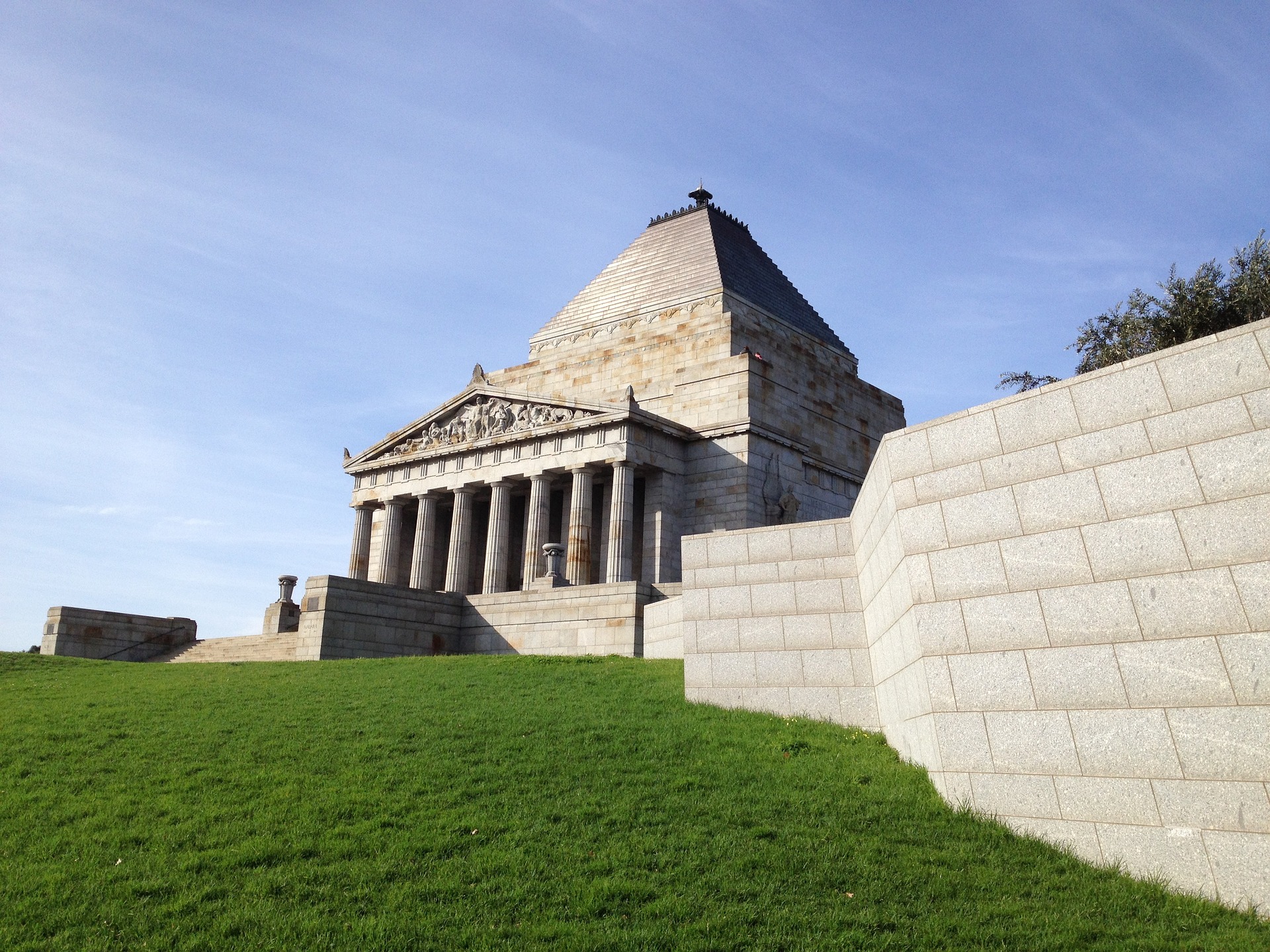
Overview
This unit is a continuation of Learning Enhancment from Years 8 and 9, and replaces mainstream History. Students on an academically adjusted Year 10 program and students with additional learning needs are invited via their Program Support Group meeting to undertake this semester unit. Developing knowledge of Australia’s participation in the Second World War is a focus. Skills include note taking, reading comprehension and an examination of visual and audio visual sources. Tasks are academically adjusted, designed to be practical and students visit the Shrine of Remembrance. Developing communication skills both orally and in writing is a focus.
Assessment
Assessments may include:
- Timeline task
- Film analysis and summary
- Document Analysis
- Reading Comprehension tests
- Oral quiz
- Note: There is no examination for this subject


